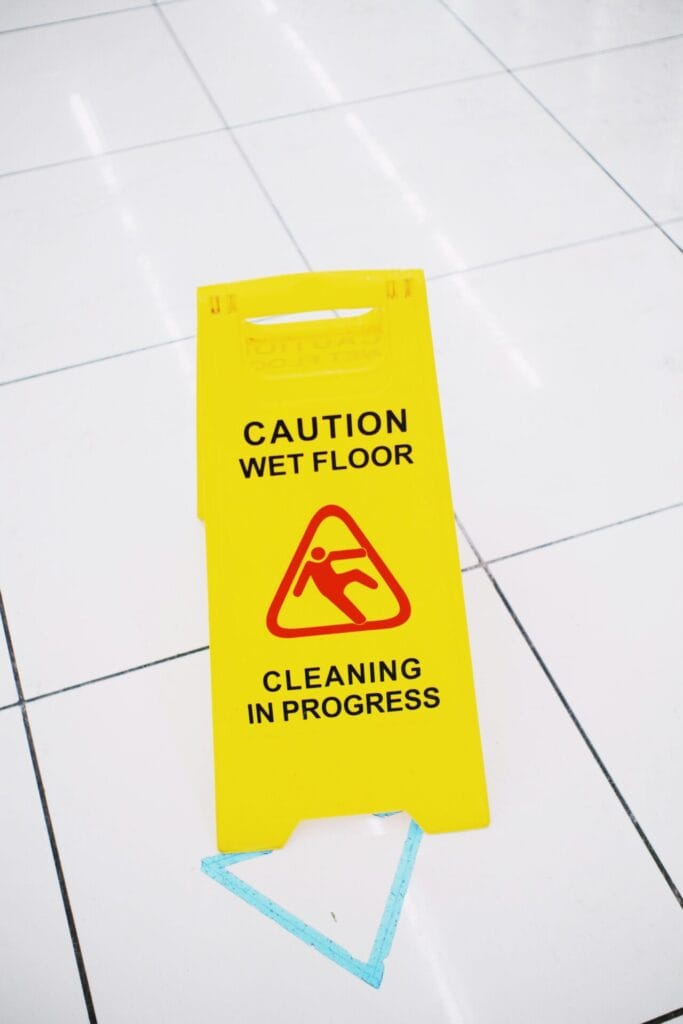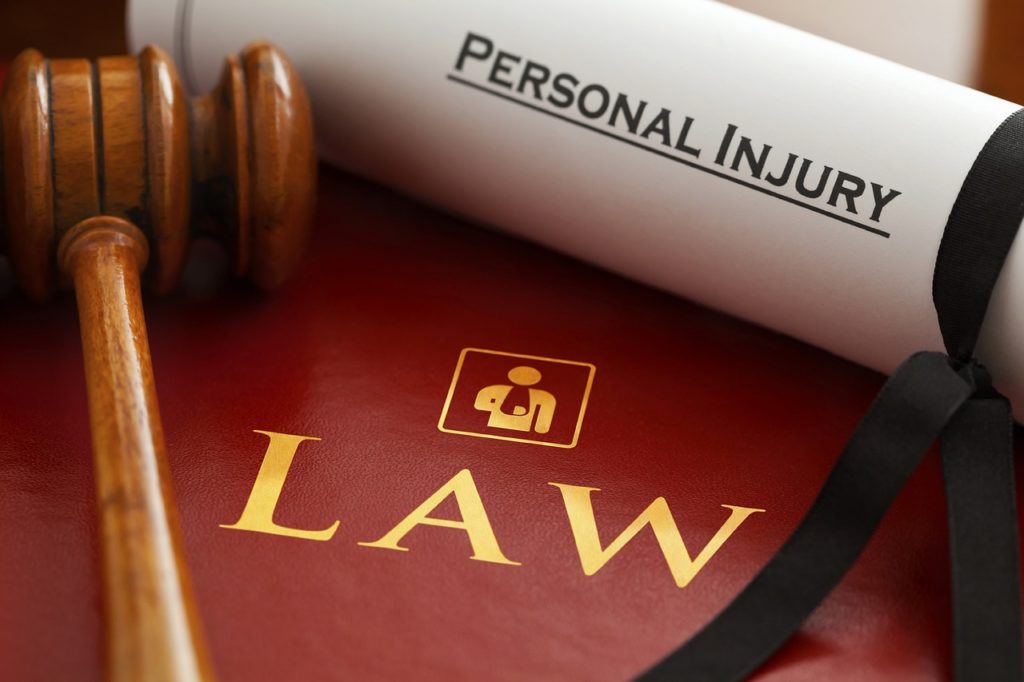Online Safety and Liability: Navigating the Digital Frontier in Personal Injury Law

The digital landscape has revolutionized communication, interaction, and business operations, bringing new challenges to personal injury law, especially concerning online safety and liability. Florida’s Online Protection for Minors Act (HB 3), effective January 1, 2025, represents a pivotal shift in addressing these issues. Understanding the New Legal Landscape HB 3 imposes strict regulations on social […]
Premises Liability: Slip and Fall Cases in Florida

Slip and fall accidents are among the most common personal injury claims in Florida. Whether in a grocery store, office building, or private residence, property owners have a legal duty to maintain safe premises.
Early Fall Brings Cooler Weather and Unique Road Hazards: How to Stay Safe

As the early days of Fall settle in, we welcome the cool breeze, scenic foliage, and longer nights. However, with the beauty of Fall comes a range of unique road hazards that drivers and pedestrians alike must navigate.
Common Mistakes to Avoid in Personal Injury Cases

Navigating a personal injury case can be a complex and overwhelming process. Making mistakes during this critical time can significantly affect the outcome of your case. Here are some common mistakes to avoid and practical advice to ensure you get the best possible result.

